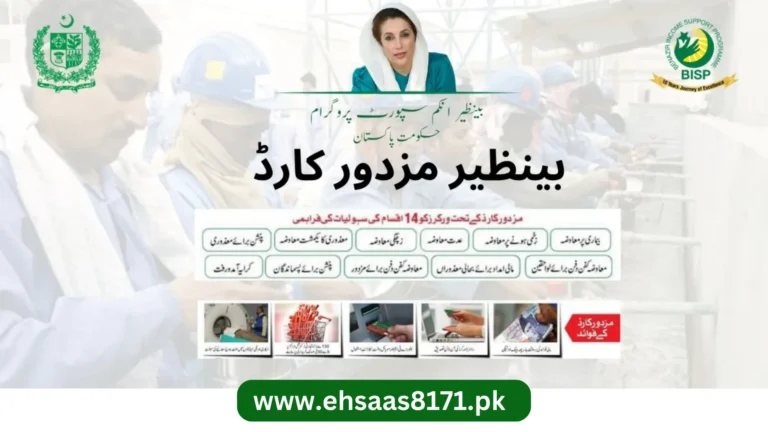NSER Indicators for BISP New Update 2024
The NSER data is a composite data set used to determine which households should be registered in NSER.
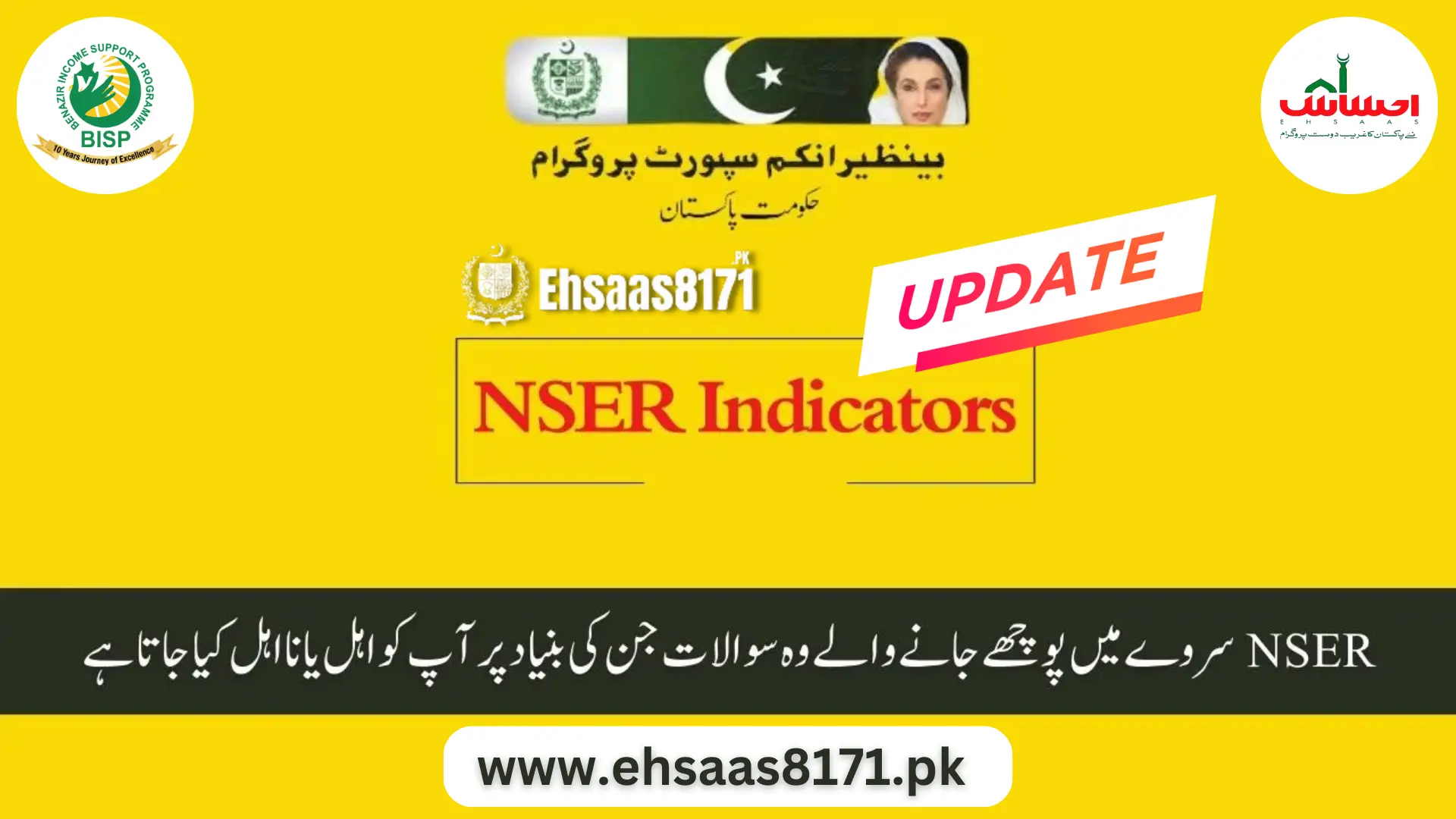
NSER registers people in this program based on the 24 indicators. Your qualification for the BISP 8171 will be determined by these 24 indicators, which may either qualify or disqualify you.
NSER Indicators for BISP New Update
The National Socio-economic Bisp Dynamic survey will collect comprehensive information about the members of your household, including the total number of individuals, the number of educated individuals, and the number of individuals without education.
Socioeconomic Status
To assess your socioeconomic status, they will inquire about your monthly income, household expenses, and the educational background of individuals.
School Dropout
The survey will gather information about individuals who have discontinued their education, including the duration of their dropout or their current enrollment status.

It will also inquire about the reasons for their discontinuation, whether it was during primary, middle, or secondary school. The attendance of your children will also be assessed to see whether they are eligible for scholarships or not.
Out of School Children (5-17 Years)
The survey will see if your children who are in the age bracket of 5 to 17 are going to the schools or not. This will involve identifying the reasons behind their non-attendance, such as financial constraints or other factors.
Level of Education
The educational level of your children will be asked by the survey, including whether they are in college, university or school.
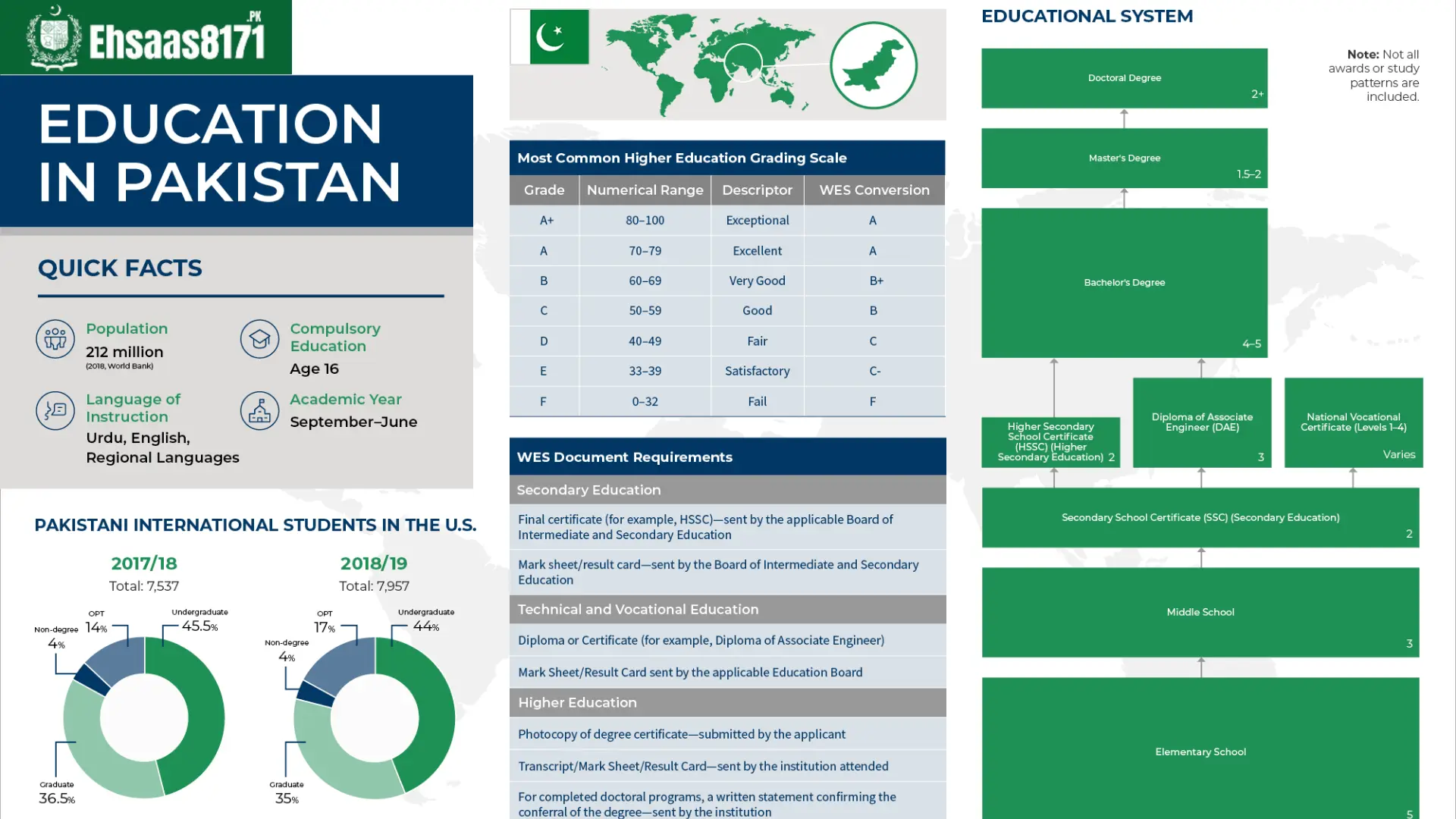
For those studying in private institutions, it will gather complete information about the respective institution.
Adult Literacy Level
The NSER survey will collect information on the literacy level of adults in your household, assessing their reading and writing capabilities.
Employment Status
The survey will ask you questions about your job. It wants to know if you work for the government, a semi-government organization, or a private company.
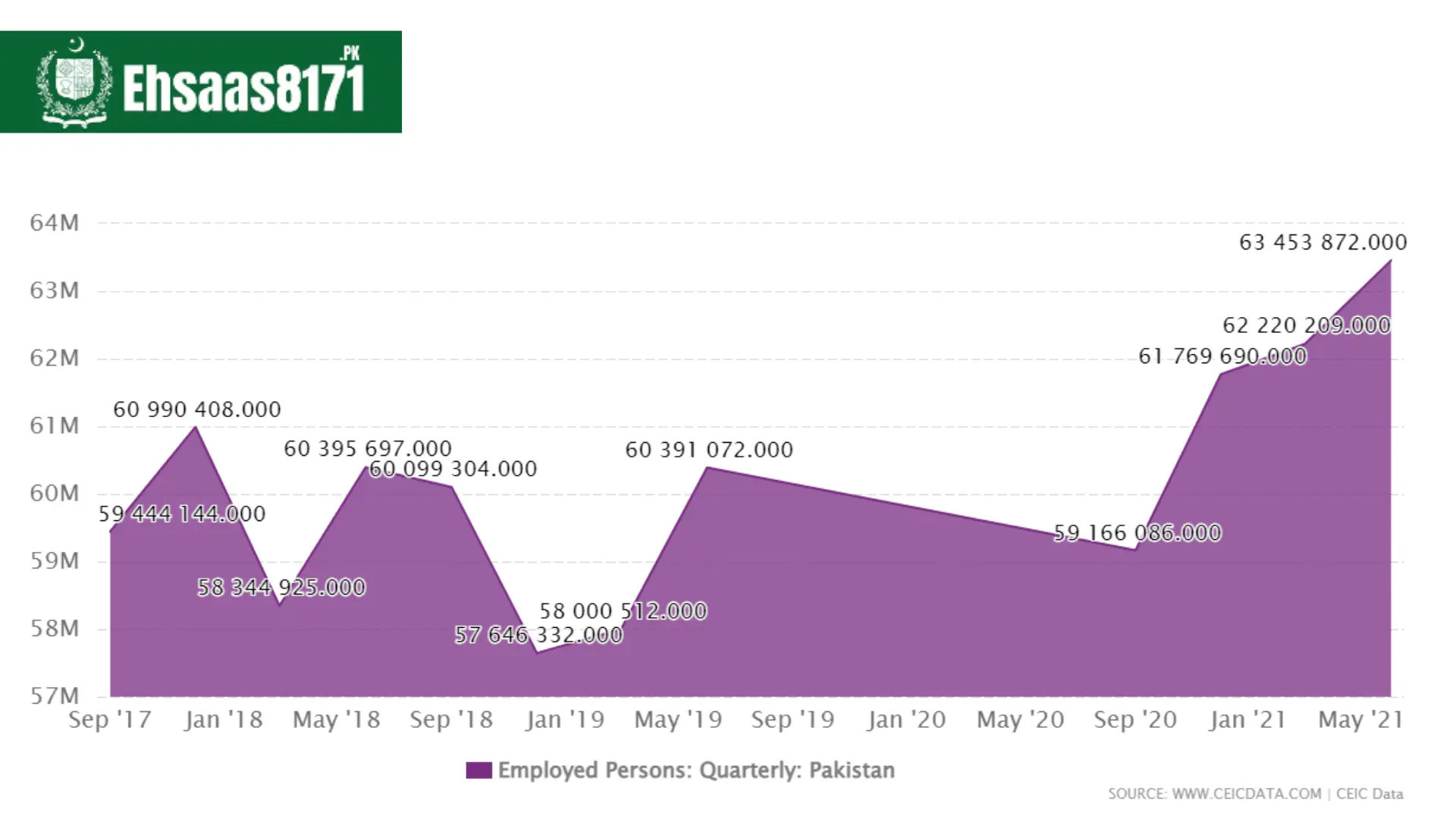
It also wants to find out about the company you work for and whether your job is temporary or permanent. Finally, it will gather information about how much money you make.
Disability Profiling
The survey will collect information regarding any disabilities you may have, including whether you are undergoing treatment for specific conditions or if any conditions remain untreated. It will also inquire about the diseases you are being treated for and the hospital providing treatment.
Stillbirth or Infant Mortality
If any of your children have passed away, the NSER survey will ask for details regarding the cause of death, date of birth, and date of death.
Disease Profiling
It will gather information about any diseases or disabilities you may have, including the specific conditions affecting you.
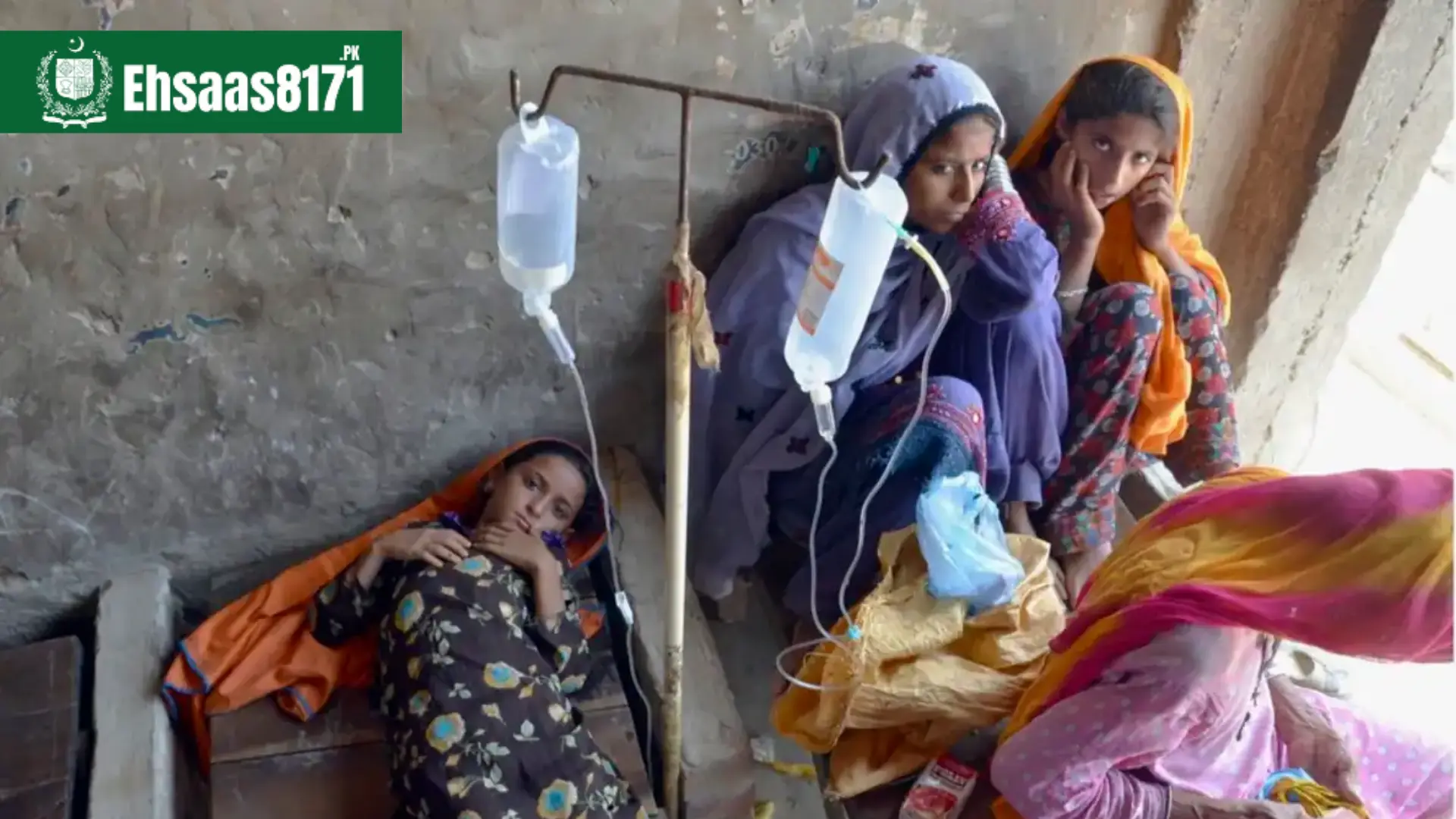
If you are not receiving treatment, the survey will inquire about the reasons behind it.
Housing Structure
Information about the design of your home, including whether it is self-built or purchased will also be collected and maintained.
Availability of Restrooms
The NSER survey will inquire about the bathroom facilities in your home, including their design and when they were constructed.
Utilization of Fuel Wood/Deforestation Rate
It will inquire about the fuel sources used in your home, specifically whether you use wood or gas.
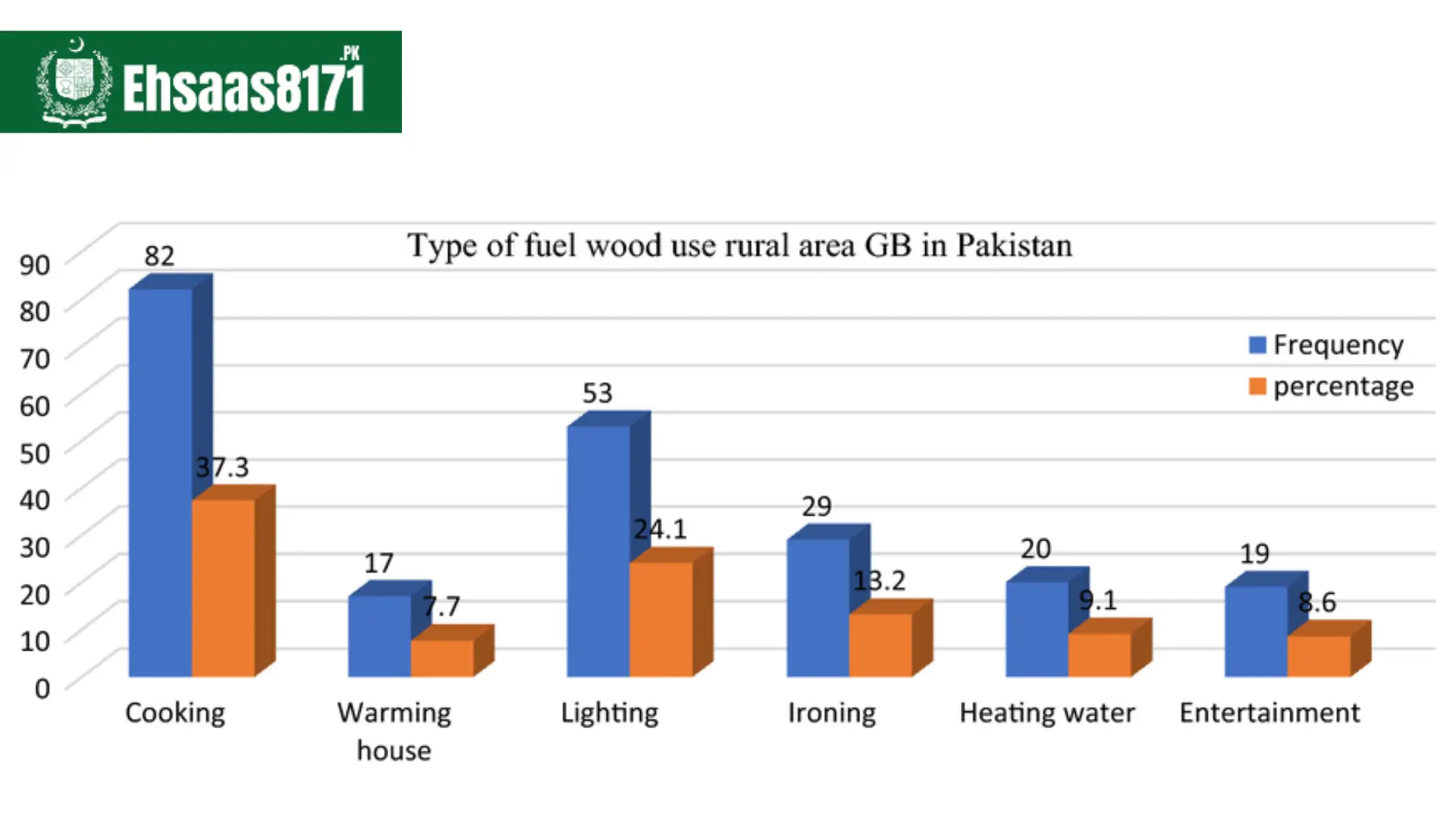
Additionally, the percentage of wood you obtain from forests throughout the year will be assessed.
Metered Connection (Electricity & Gas)
The survey will assess the duration of your metered connection for electricity and gas, as well as the respective billing details.
Child Labor & Workforce Profiling
It will gather information about your children, including whether they are engaged in work or attending school.
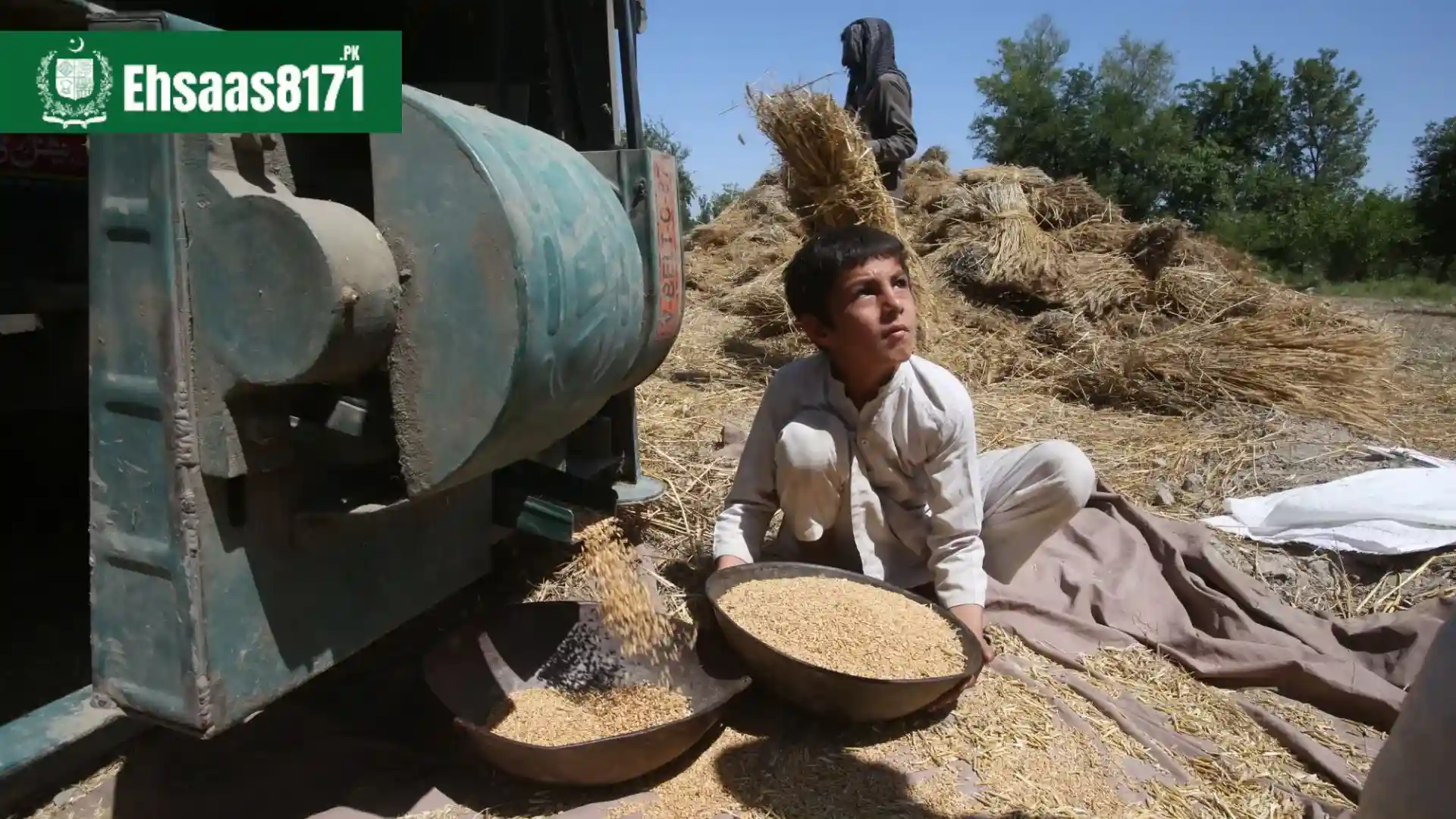
If they are working, the survey will ask what type of work they are doing and their remunerations.
Livestock Keeping Practice – Big Animals
It will collect information about the large animals you raise, including the number of animals you sell throughout the year and the current number of animals you possess.
Livestock Keeping Practice – Small Animals
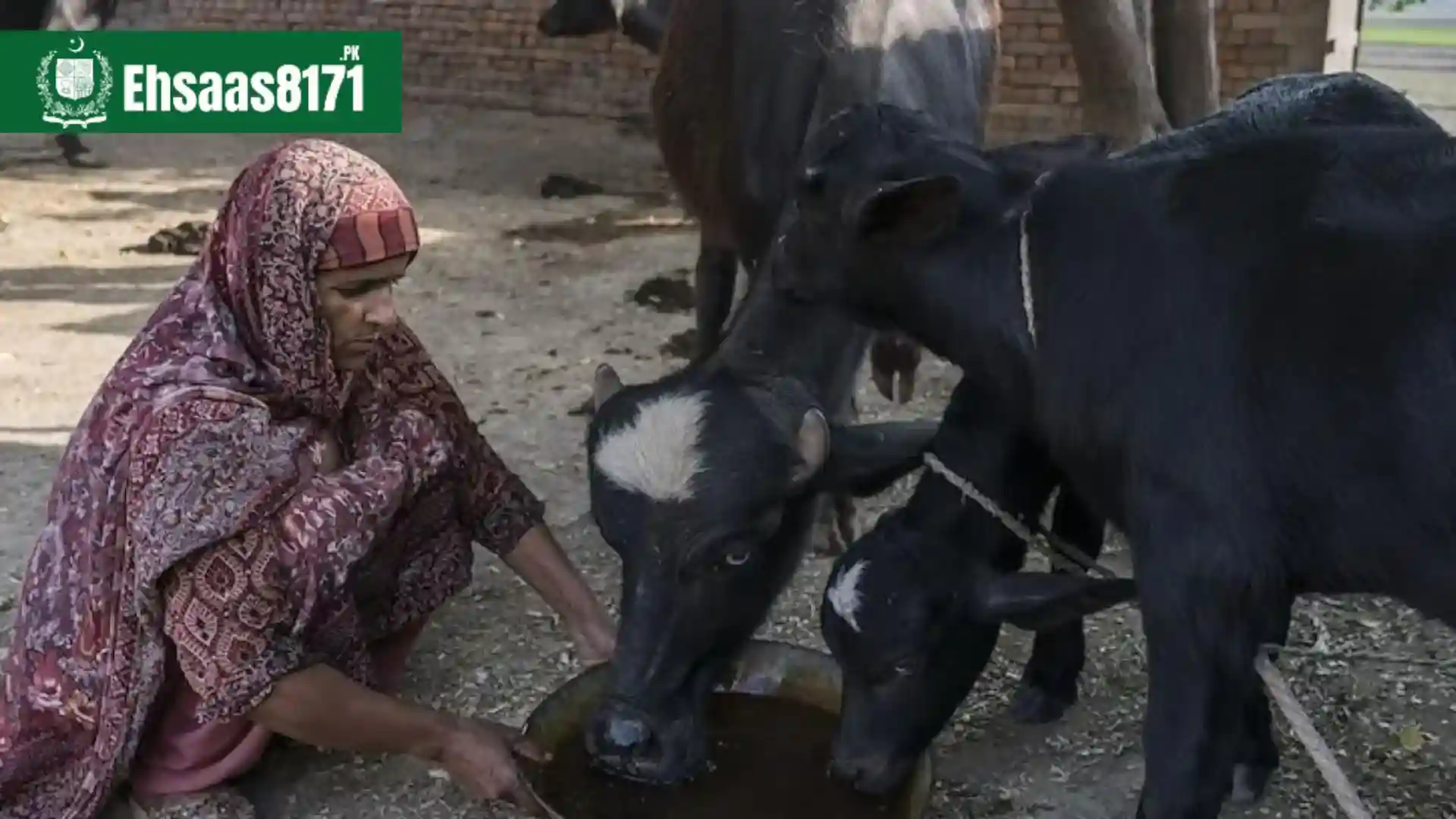
The NSER survey wants to know about the little animals you take care of. It will ask how many animals you have all year round and how many you have right now.
Household Using Covered Drinking Water
The NSER survey will gather information about your water sources and usage, including whether you use a pump, piped water, filtration plant, or covered well.
Household Using Uncovered Drinking Water
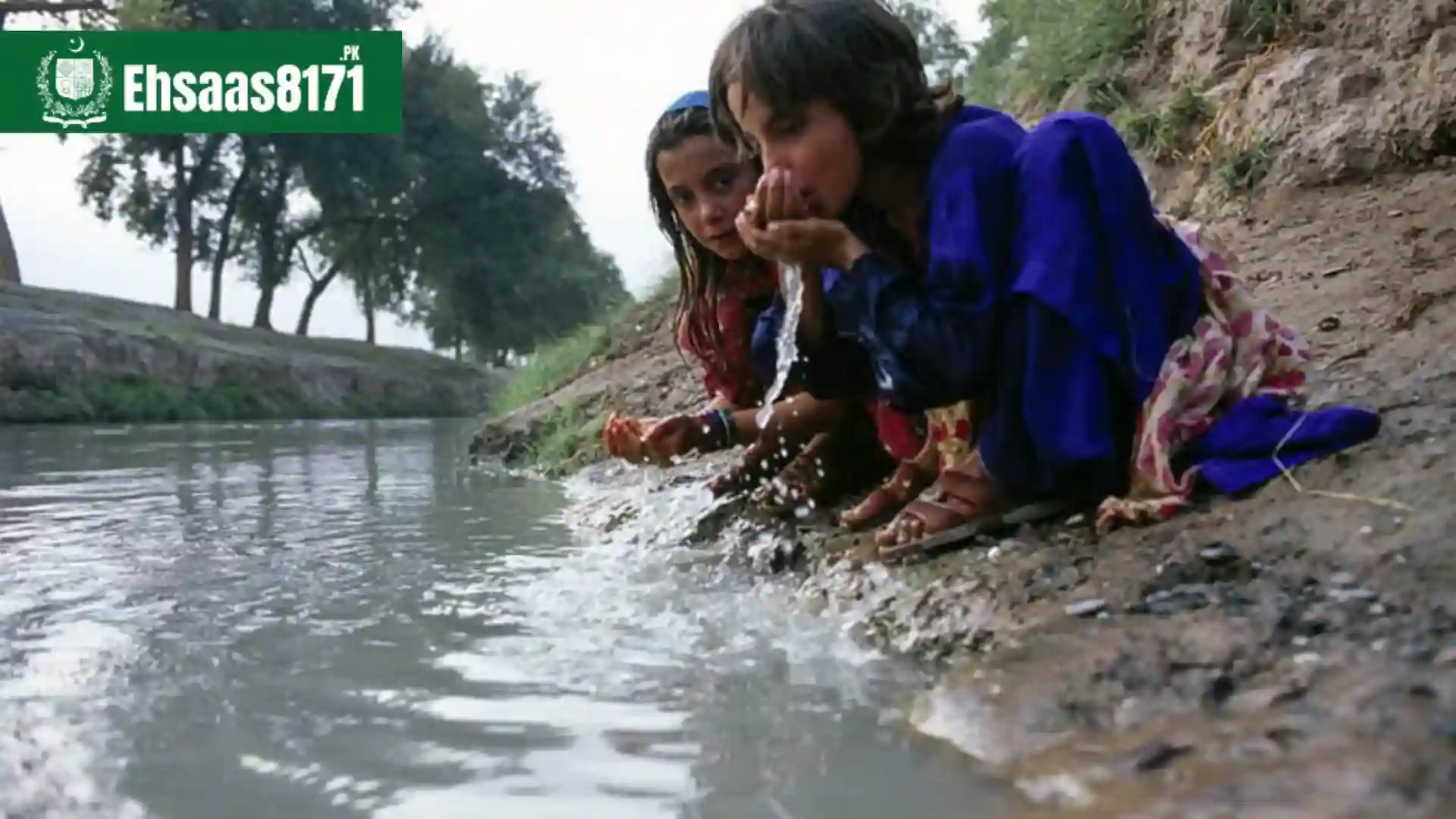
It will inquire about your water sources and usage if you do not have access to covered drinking water.
Agriculture Land Ownership
The NSER survey will gather information regarding the ownership of the agricultural land you possess and its estimated value.
Households Owned Internet Connection
If you have an internet connection, it will collect information about the users in your household and associated electricity bills.
Households Owned UPS/Generator/Solar Panel
If you have a UPS, generator, or solar panel at home, it will inquire about their presence in addition to your electricity usage.
Satisfaction with State-Owned Institutions
The survey will ask for your opinions on various state institutions, including the local police, administration, courts, and prosecution.
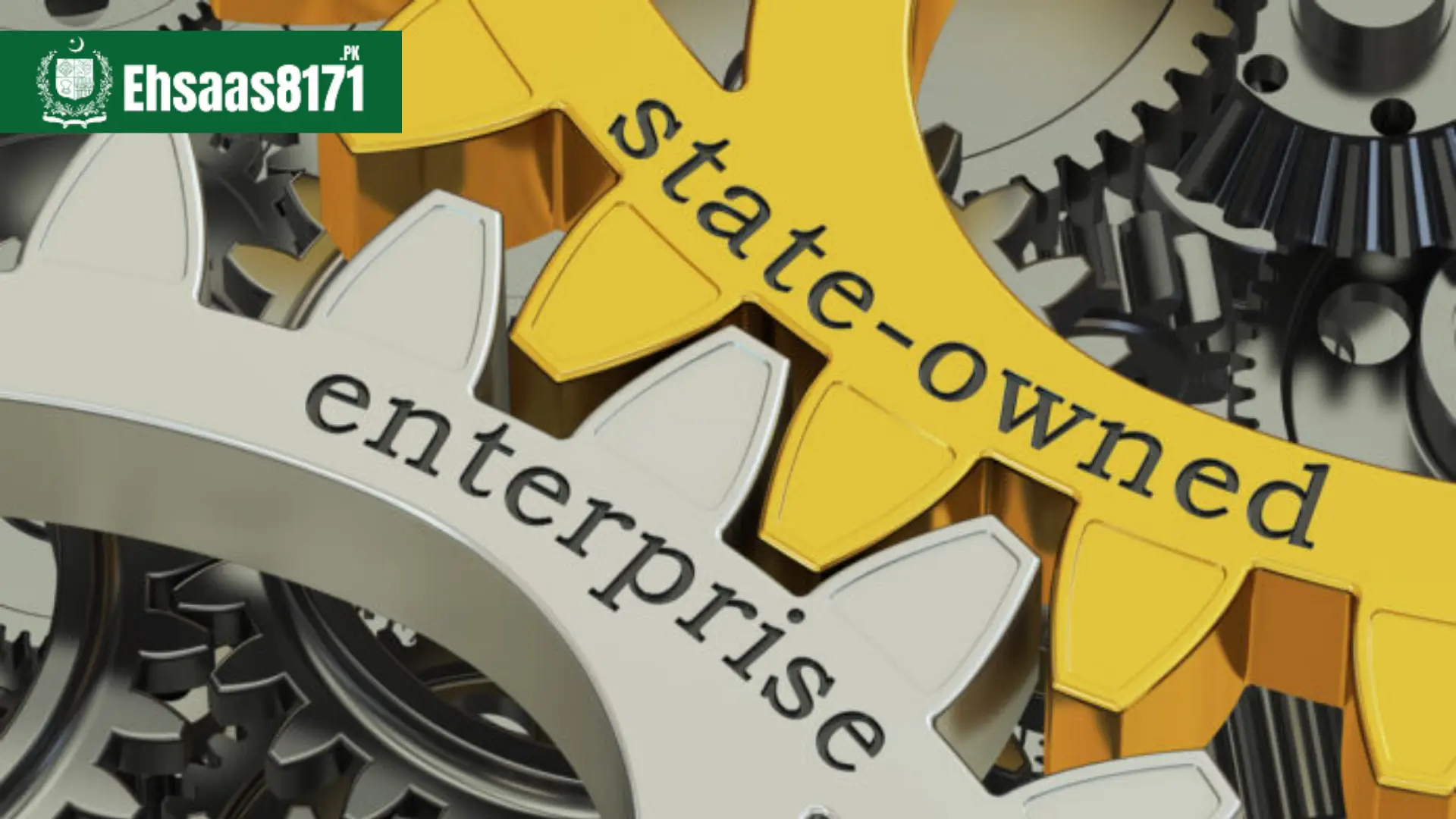
Additionally, we may inquire about your involvement in any criminal activities.
Ineligible Person
The survey will check whether or not you applied previously to the program and whether you got selected or rejected for it.
International Travel

If you went to another country for Hajj, Umrah, or any other reason, we will ask you for all the details about your trip, including when you left and when you plan to come back.
Final Verdict
NSER is a national socio-economic registry that is a household-level survey that has 24 indicators. These indicators are questions that are asked by the survey team from the members of the households they are surveying. These indicators are socio-economic indicators like income status, education status of children, property, and other queries related to living standards.


